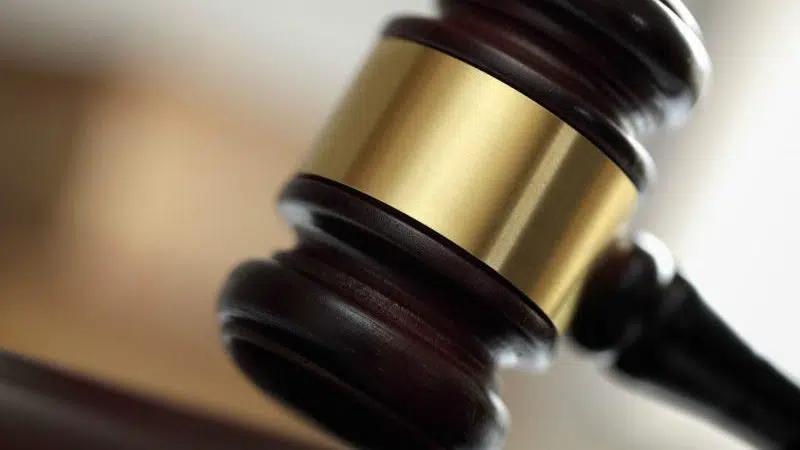UPDATE: 1:37 p.m.
PEORIA, Ill. — Illinois Attorney General Kwame Raoul has promised to defend Governor J.B. Pritzker’s school mask mandate despite eroding political and legal support for it.
Late Thursday night, a state appellate court announced it would allow a temporary restraining order against the school mask mandate to stand.
The restraining order was initially the decision of a state judge in Springfield.
It involves lawsuits filed by parents, teachers and school staff in 145 districts across Illinois.
Chicago-based trial lawyer and media personality Karen Conti tells WMBD Radio the court rulings mean “the schools could make their own rules.” She adds, “it took, basically, the authority away from the Governor and acknowledged that this has to be done on a different level.”
The original lower court ruling against the Governor’s statewide school mask mandate still left openings for local public health officials to declare emergencies and force masking policies.
COVID-19 still being an emergency, seems to be the question now.
It’s a question that could ultimately be decided by Illinois Supreme Court Justices, who are being asked by Attorney General Raoul to quickly review the recent lower court rulings.
In a release issued Friday, Raoul’s office said the appellate ruling misapplies “important principles of Illinois law”, suggesting he and his team may argue for the mandate on a legal technicality.
It’s unclear what the timeline of these legal proceedings might be, but earlier this week, a group of Illinois lawmakers effectively blocked any further extension of the statewide school mask mandate, making Pritzker’s position that much less tenable.
______________
ORIGINAL STORY:
SPRINGFIELD, Ill. — A temporary restraining order against 145 Illinois school districts enforcing mask mandates will stand after the Fourth District Appellate Court dismissed Gov. JB Pritzker’s attempt to appeal the case.
The three-judge panel released a decision late Thursday night.
News partner 25 News reports that the panel argued Judge Raylene Grischow’s decision in Sangamon County did not stop school districts from acting independently from Pritzker’s executive orders or rules from the Illinois Department of Public Health.
The appellate court noted IDPH officials renewed the emergency rules on February 14.
“However, on February 15, 2022, the Joint Committee on Administrative Rules (JCAR) objected to and suspended IDPH’s renewal,” wrote Justice John Turner. “Thus, none of the rules found by the circuit court to be null and void are currently in effect.”
Judges also stressed that the recent expiration of IDPH’s emergency rules for masking, testing, and school exclusion rendered the appeal moot. But what does moot mean in this context?
“An issue is moot where an actual controversy no longer exists between the parties or where events have occurred that make it impossible for the court to grant effective relief,” Turner wrote.
The Pritzker administration had asked the appellate court to consider the issue under the public-interest exception to the mootness doctrine. While the judges agree the public is interested in the Sangamon County court’s decision to void the emergency rules, they argued it did not make the issue one of public nature as defined by courts.
“Given the changing nature of the COVID-19 pandemic – which affects the State defendants’ response to the pandemic – and JCAR’s decision on February 15, 2022, it is not clear these same rules would likely be reinstated. As a result, we do not find the public-interest exception applies in this case,” wrote Turner.
The appellate court also said the emergency rules voided by that temporary restraining order are no longer in effect.
Although, Justice Holder White dissented from his two colleagues on one point in the case. White said the circuit court may not have properly prohibited enforcement of Pritzker’s executive orders.
“Defendants asserted the Governor implemented masking, exclusion, and testing through the executive orders pursuant to his authority under the Illinois Emergency Management Act, and plaintiffs challenge that authority,” White wrote. “Thus, I would find this issue not moot.”
He went on to say the majority’s decision still leaves a question of whether Grischow properly “enjoined” the administration’s ability to enforce the executive orders.







